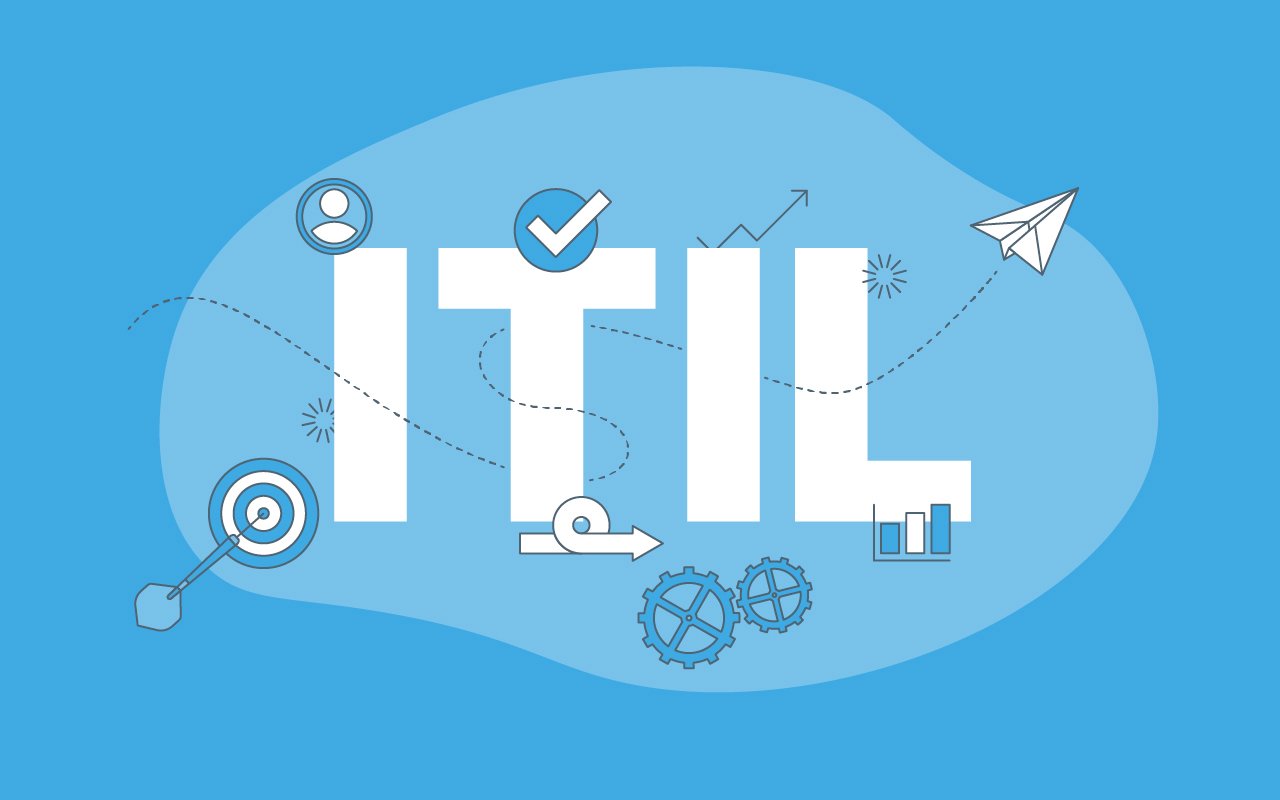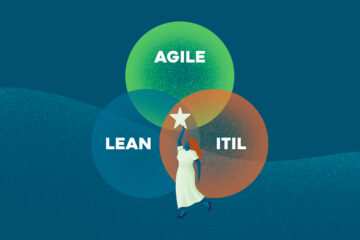1. Introduction to the ITIL Certification
What is ITIL?
ITIL, an acronym for Information Technology Infrastructure Library, is a framework of best practices for IT Service Management (ITSM).
It originated in the 1980s in the United Kingdom and has evolved through several versions over the decades to keep pace with the rapid advancements in digital innovation. Today, ITIL is the global standard reference for ITSM.
The ITIL framework is designed to help organizations improve efficiency and productivity, reduce operational costs, and ensure high levels of security.
In this article, we will delve into the ITIL certification, its different levels, benefits, and the steps to obtain it.
The Importance of ITIL Certification in IT Service Management
The ITIL certification is globally recognized as proof of competence in the field of IT service management. It provides professionals and companies with the knowledge required to implement ITIL best practices, aimed at continuously improving the quality of business services and, consequently, enhancing end-user satisfaction.
In a business ecosystem where IT departments and infrastructures play a decisive role, the value of ITIL certification becomes evident, making it a highly impactful asset.
2. Levels of ITIL Certification
ITIL Foundation
The “Foundation” level certification is the starting point for anyone looking to gain a basic understanding of ITIL. It is suitable for individuals working in various IT-related roles or those needing to understand the fundamental concepts.
The courses for this certification cover key ITIL concepts, including the service lifecycle and core processes like incident and change management.
ITIL Practitioner
The “Practitioner” level builds on the Foundation and focuses on the practical application of ITIL best practices in real-world scenarios. This level teaches how to tailor and implement ITIL principles to meet specific organizational needs, emphasizing continuous improvement and effective change management.
ITIL Intermediate, Expert, and Master
The advanced levels include “Intermediate,” which offers specialization in areas such as Service Strategy, Service Design, and Service Transition.
After earning Intermediate certifications, professionals can advance to the “Expert” level, which focuses on deeper knowledge and expertise. The highest level, “Master,” requires demonstrating the ability to manage IT services in complex environments, applying ITIL principles not only operationally but also strategically.
3. Why Obtain the ITIL Certification?
Benefits for IT Professionals
Obtaining ITIL certification provides numerous direct and indirect advantages.
First, it equips IT professionals with a solid foundation of globally recognized skills, making them more competitive in the job market. Additionally, it enhances their ability to implement IT solutions that are closely aligned with business needs, delivering tangible improvements in efficiency and service quality.
Career Growth Opportunities
For many IT professionals, ITIL certification serves as a strategic tool for advancing their career paths. It strengthens their resumes, making it easier to secure higher-responsibility roles in areas like IT service management, project management, and strategic consulting.
4. How to Obtain ITIL Certification
Steps to Achieve ITIL Certification
The journey to ITIL certification begins with enrolling in training courses offered by certified institutions or online platforms. The type of training varies depending on the certification level, ranging from introductory courses for the “Foundation” level to more comprehensive programs for the “Expert” level.
The commitment required also varies by level. Once the course is completed, candidates can proceed to take the final exam.
Recommended Study Resources and Training
There are numerous online and in-person courses designed to prepare students for ITIL certification exams. In addition to official courses, candidates can access textbooks, practical guides, quizzes, and mock exams to solidify their preparation.
5. The ITIL Certification Exam
Exam Structure
The structure of the ITIL certification exam varies by level. For the “Foundation” level, the exam lasts 60 minutes, includes 40 multiple-choice questions, and requires a minimum score of 65%. It evaluates the candidate’s understanding of ITIL basics, such as the service lifecycle and core IT processes.
At more advanced levels, like “Practitioner” and “Intermediate,” questions are increasingly complex and scenario-based. The “Expert” level exam requires the accumulation of credits through Intermediate modules, while the “Master” level involves submitting a practical project and real-world case studies to demonstrate the application of ITIL best practices.
6. ITIL Certification and ITSM
The Role of ITIL in Modern IT Service Management
ITIL plays a crucial role in supporting modern ITSM practices by providing a standardized framework that helps organizations structure their service management processes.
This approach aims to create efficient, repeatable workflows, eliminating fragmentation and enhancing operational consistency.
Improving Service Quality with ITIL
By integrating ITIL with ITSM solutions, organizations can automate many repetitive processes, such as ticket management or incident escalation, improving the speed and effectiveness of problem resolution.
This approach not only optimizes operational efficiency but also enables constant performance monitoring, fostering continuous improvement and ensuring IT services consistently meet established quality standards.
7. Conclusion
Future Trends in ITIL and IT Service Management
As technologies like artificial intelligence, machine learning, and automation continue to evolve, ITIL’s role will adapt and expand. Future versions of ITIL are expected to integrate these technologies further, with their wide-ranging implications.
The Long-Lasting Relevance of ITIL Certification
ITIL certification is not just about acquiring specific technical knowledge. It also develops a mindset and deep competence essential for navigating a constantly changing field. It is a worthwhile investment for both the short and long term.
FAQ
What is ITIL Certification?
ITIL certification is an internationally recognized credential that demonstrates a professional’s expertise in managing IT services using the ITIL framework.
What are the levels of ITIL Certification?
ITIL certification includes the following levels:
- Foundation: The basic level.
- Practitioner: Focused on practical application of ITIL principles.
- Intermediate, Expert, and Master: Advanced levels offering in-depth knowledge and specialization in specific ITSM domains.
Why is ITIL Certification important for an IT career?
ITIL certification provides a competitive edge in the job market. It helps develop specific IT service management skills, enhances career prospects, and enables professionals to actively contribute to their organization’s efficiency and growth.





